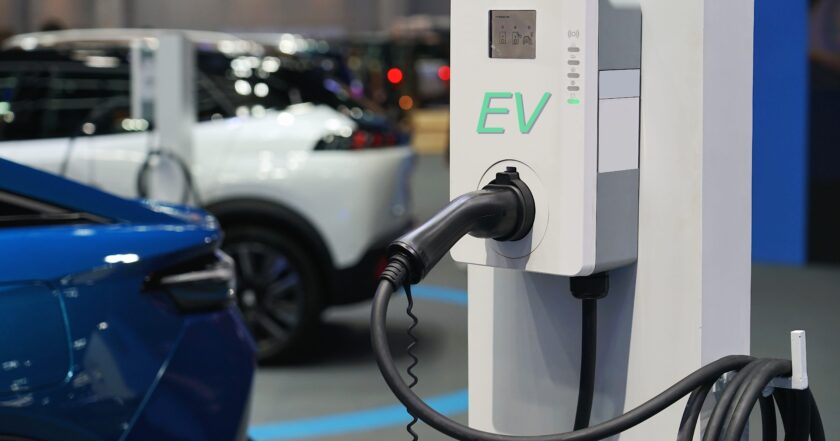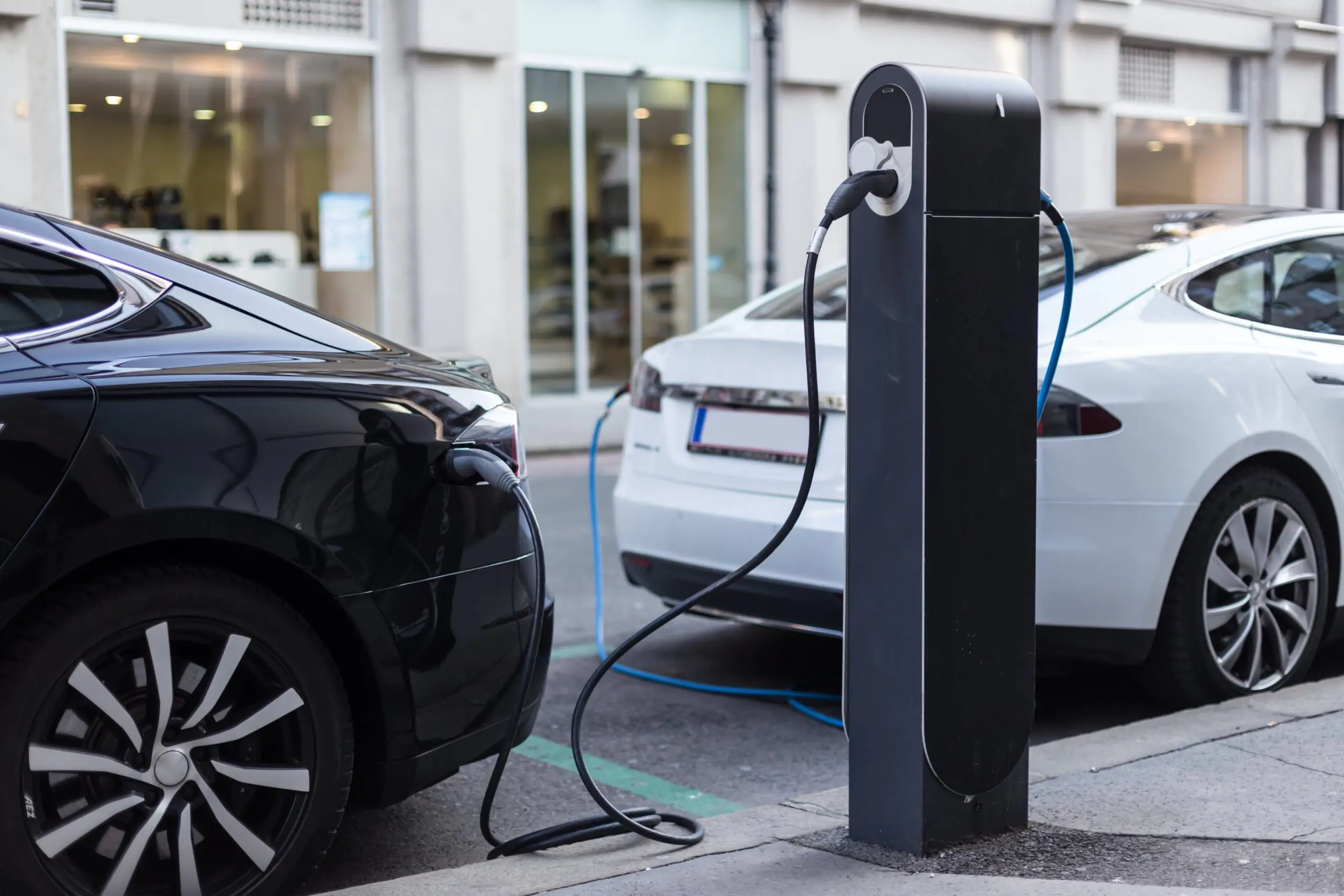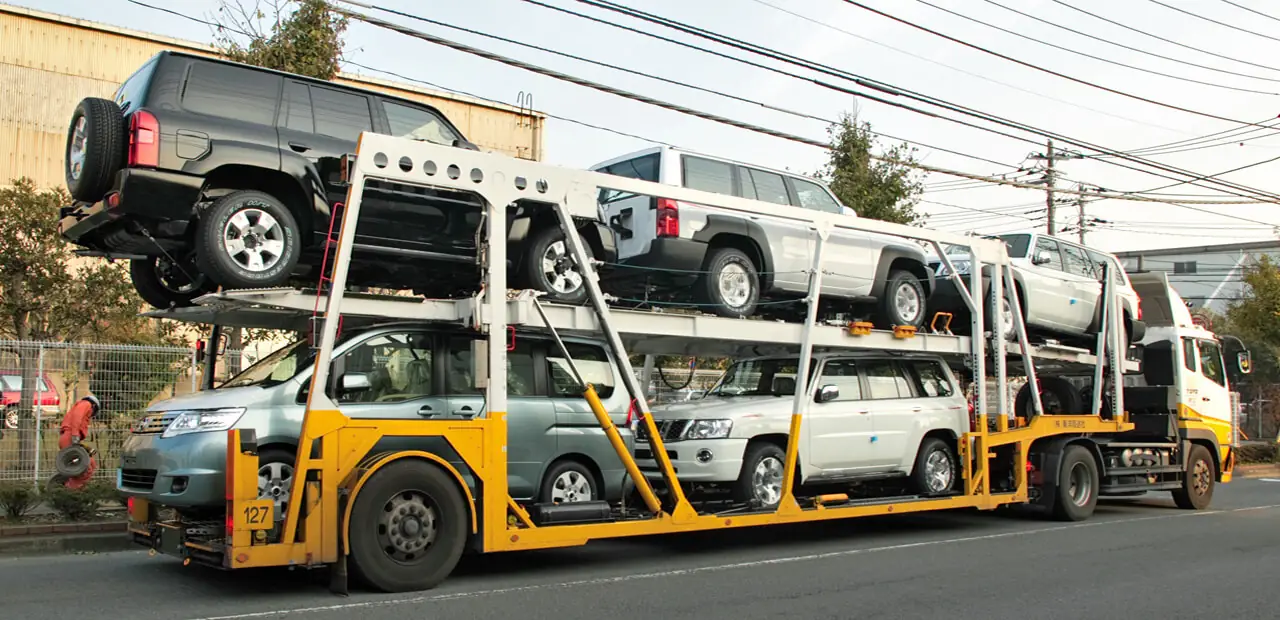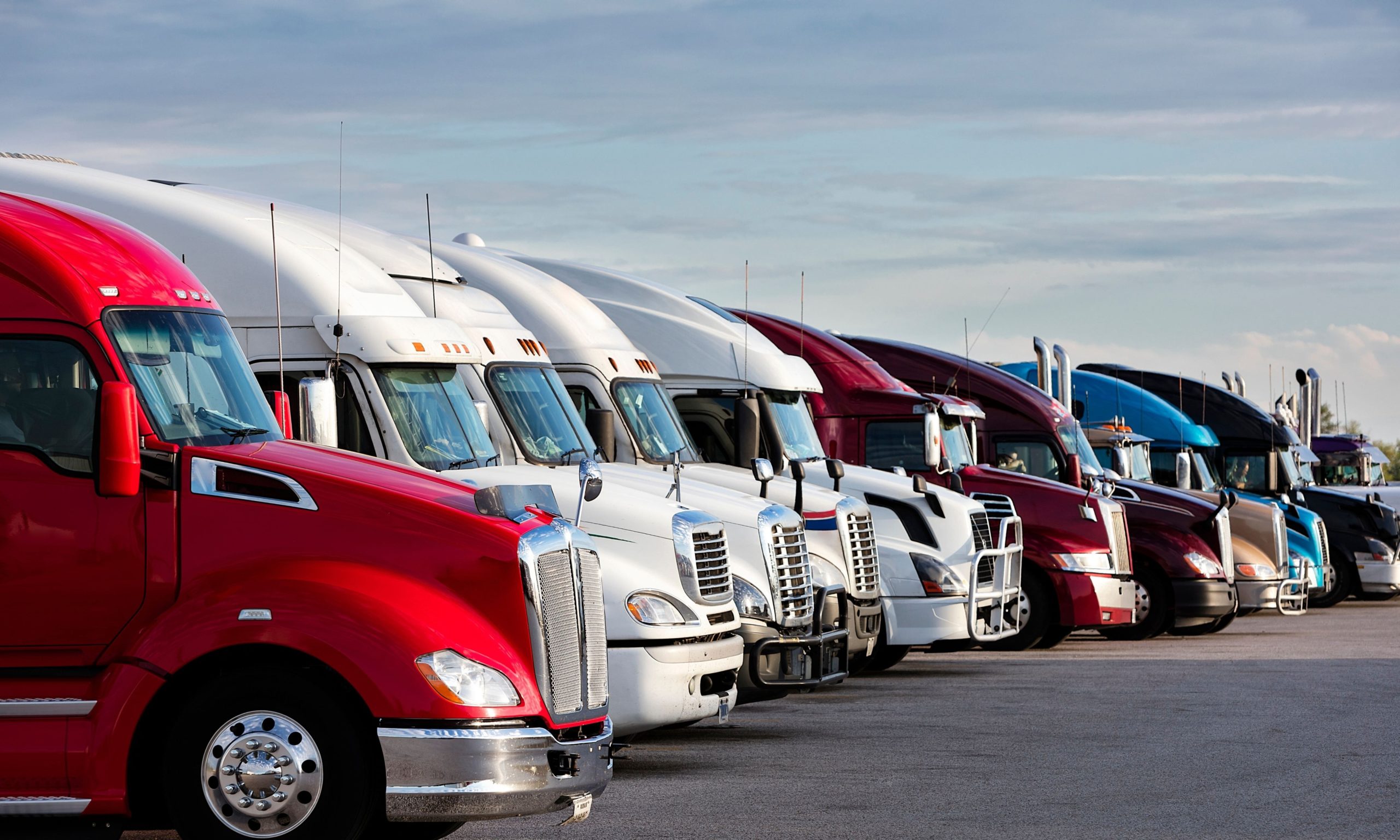In recent years, the global market for electric vehicles (EVs) has witnessed a remarkable surge in growth, propelled by a confluence of influential factors reshaping the automotive landscape. This surge signifies a pivotal moment driven by various interconnected elements that collectively contribute to the rapid adoption of EVs over traditional internal combustion engine vehicles.
While challenges remain, such as the need for further development of charging infrastructure and the high upfront cost of some EVs, the overall outlook for the electric vehicle market is positive and shows strong signs of continued growth.
Experts predict that EV sales will continue to grow strongly in the coming years, with some estimates suggesting that EVs could account for half of all new car sales by 2030.
In this article, we address fundamental challenges facing EV manufacturers and shippers.
Supply Chain Disruptions and Raw Material Shortages
The global economy continues to grapple with supply chain disruptions, impacting various industries, including the automotive sector. The production of EVs is particularly vulnerable due to its reliance on specific raw materials, such as lithium, cobalt, and nickel. These materials are not only limited in their natural reserves but also face geopolitical and ethical concerns surrounding their sourcing. Manufacturers need to find innovative solutions to secure a consistent supply of these critical materials.
Rising Battery Costs and Range Anxiety
Battery costs remain a significant barrier to EV adoption. While prices have steadily decreased in recent years, they still represent a substantial portion of the overall vehicle cost compared to their internal combustion engine (ICE) counterparts. This translates to higher upfront costs for consumers, deterring some from purchasing EVs.
Lack of Charging Infrastructure
The current state of charging infrastructure remains inadequate to support widespread EV adoption. The number of charging stations, particularly fast-charging stations, is insufficient, especially in rural and remote areas. This lack of infrastructure creates a significant barrier for potential EV buyers, as they worry about finding charging points during long journeys. Governments, private companies, and utilities need to collaborate on a large-scale initiative to expand the charging infrastructure network, making it readily accessible and convenient for EV owners.
Logistics and Transportation Challenges
Shipping EVs presents unique challenges compared to traditional vehicles. The heavier weight of EVs due to their batteries requires adjustments in transportation methods and logistics planning. Additionally, safety concerns arise during transportation, as damaged batteries pose a potential fire hazard. Shippers need to adapt their processes and invest in specialized equipment to ensure the safe and efficient transportation of EVs.
Customer Education and Awareness
Despite growing interest, there are still significant knowledge gaps regarding EVs among the general public. Many potential buyers lack awareness about the benefits of EVs, the available models, and government incentives. Manufacturers and industry stakeholders need to invest in comprehensive educational campaigns to inform consumers about the advantages of EVs.
Ensuring a Sustainable and Ethical EV Ecosystem
The environmental benefits of EVs are undeniable, but concerns remain regarding the sustainability of the entire EV ecosystem. The mining of raw materials for batteries can have negative environmental and social impacts. Additionally, the disposal of used batteries raises concerns about potential environmental hazards. Manufacturers and policymakers need to work together to establish a sustainable and ethical framework for the EV industry, focusing on responsible sourcing, recycling, and end-of-life battery management.
How to choose the right EV shipping company
Choosing the right EV shipping company requires considering several factors. Here are some key points to remember.
Experience: Not all car shipping companies have experience handling EVs. Look for companies with a proven track record of safely transporting electric vehicles. Check their website, read reviews, or ask directly about their experience with EVs.
Specialized Equipment: EVs may require specific equipment for loading, securing, and transport. Ensure the company has the necessary equipment to handle your specific EV model safely.
Enclosed Carriers: Consider opting for enclosed carriers, especially for long distances or harsh weather conditions. Enclosed trailers offer better protection for the vehicle’s battery and exterior.
Reviews: Read online reviews and customer experiences to gain insights into the company’s reliability, service quality, and customer support.
By keeping these factors in mind, you can select a reputable and experienced EV shipping company such as Tempus Logix that ensures the safe and secure transport of your electric vehicle.
Conclusion
While the future of electric vehicles appears bright, addressing the challenges facing EV manufacturers and shippers is crucial for ensuring a smooth and successful transition towards a more sustainable transportation ecosystem. Through collaboration, innovation, and a commitment to sustainability, manufacturers, shippers, and policymakers can overcome these hurdles and pave the way for widespread EV adoption.










